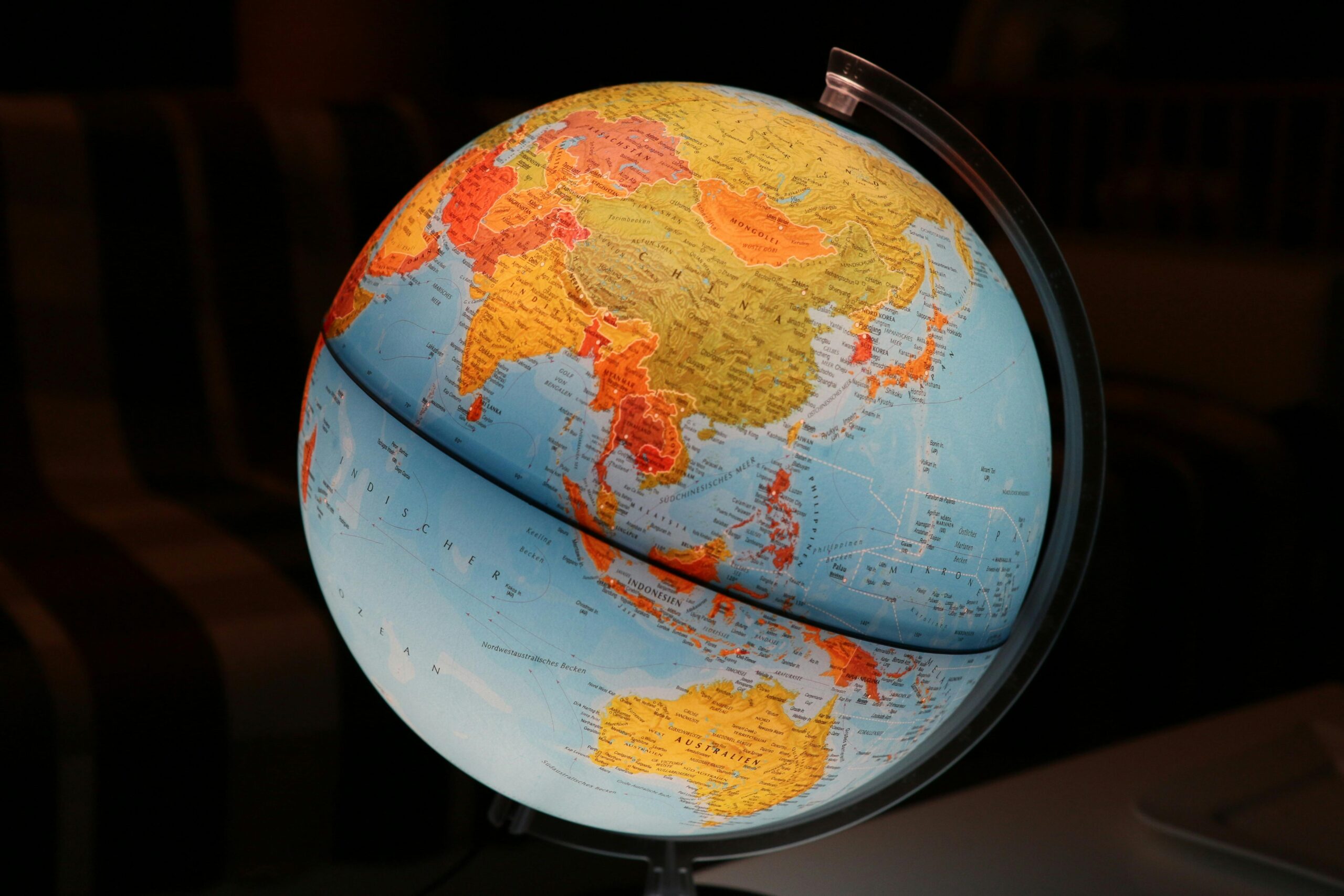The question of how many countries there are in the world seems straightforward, but the answer can be surprisingly complex. In 2024, the world is a dynamic place with political changes and disputes that can affect the count. However, there is a generally accepted number that most international organizations and experts agree upon.
The Generally Accepted Number
As of 2024, there are 195 countries in the world. This number includes 193 member states of the United Nations (UN) and two observer states: the Holy See (Vatican City) and Palestine. These are widely recognized as sovereign states, each with its own government and defined territory.
United Nations Member States:
- The UN, established in 1945, now has 193 member states. Each member is a sovereign state recognized internationally.
- Countries like Canada, Japan, Brazil, and India are all part of this global body.
Observer States:
- Vatican City: The smallest independent state in the world, both in terms of area and population, is recognized as an observer state by the UN. It is the spiritual and administrative center of the Roman Catholic Church.
- Palestine: Recognized as a non-member observer state by the UN General Assembly, Palestine’s status and recognition are subjects of international debate.
Disputed Territories and Partially Recognized States
While 195 is the widely accepted number, the reality on the ground can be more complicated due to disputed territories and partially recognized states.
Examples Include:
- Taiwan: Taiwan operates as an independent country with its own government and economy, but due to political pressures, especially from China, it is not widely recognized as a sovereign state in the international arena. Most countries do not officially recognize Taiwan due to the One China Policy.
- Kosovo: Declared independence from Serbia in 2008 and is recognized by over 100 UN member states. However, it is not a UN member due to opposition from countries like Serbia and Russia.
- Western Sahara: A disputed territory claimed by both the Sahrawi Arab Democratic Republic (SADR) and Morocco. The SADR is a member of the African Union and recognized by some countries, but its status remains unresolved.
Recent Changes and Potential New Countries
Political changes can also affect the number of countries. For example, South Sudan became the newest country in the world when it gained independence from Sudan on July 9, 2011. Future changes could arise from ongoing conflicts, referendums, or international negotiations.
Potential Future Changes:
- Scotland: There is ongoing discussion and political movement towards a potential second independence referendum, which could lead to Scotland becoming a separate country from the United Kingdom.
- Catalonia: A region in Spain with a strong independence movement. Efforts to become an independent state have faced legal and political challenges, but the movement continues.
The Role of International Recognition
International recognition is a key factor in determining the number of countries. A territory may declare itself a country, but without recognition from major international bodies and other nations, its status remains ambiguous. Recognition can impact everything from diplomatic relations to participation in international organizations.
Importance of Recognition:
- Diplomatic Relations: Recognized countries can establish embassies, sign treaties, and participate in international diplomacy.
- International Organizations: Membership in bodies like the UN, World Bank, and International Monetary Fund (IMF) often requires widespread recognition.
Conclusion
The number of countries in the world in 2024 stands at 195, according to the United Nations’ tally of member states and observer states. However, the complex nature of international politics, recognition, and ongoing territorial disputes means that this number is subject to interpretation and change. For those interested in global affairs, keeping an eye on political developments and international relations is crucial, as the geopolitical landscape is always evolving.

